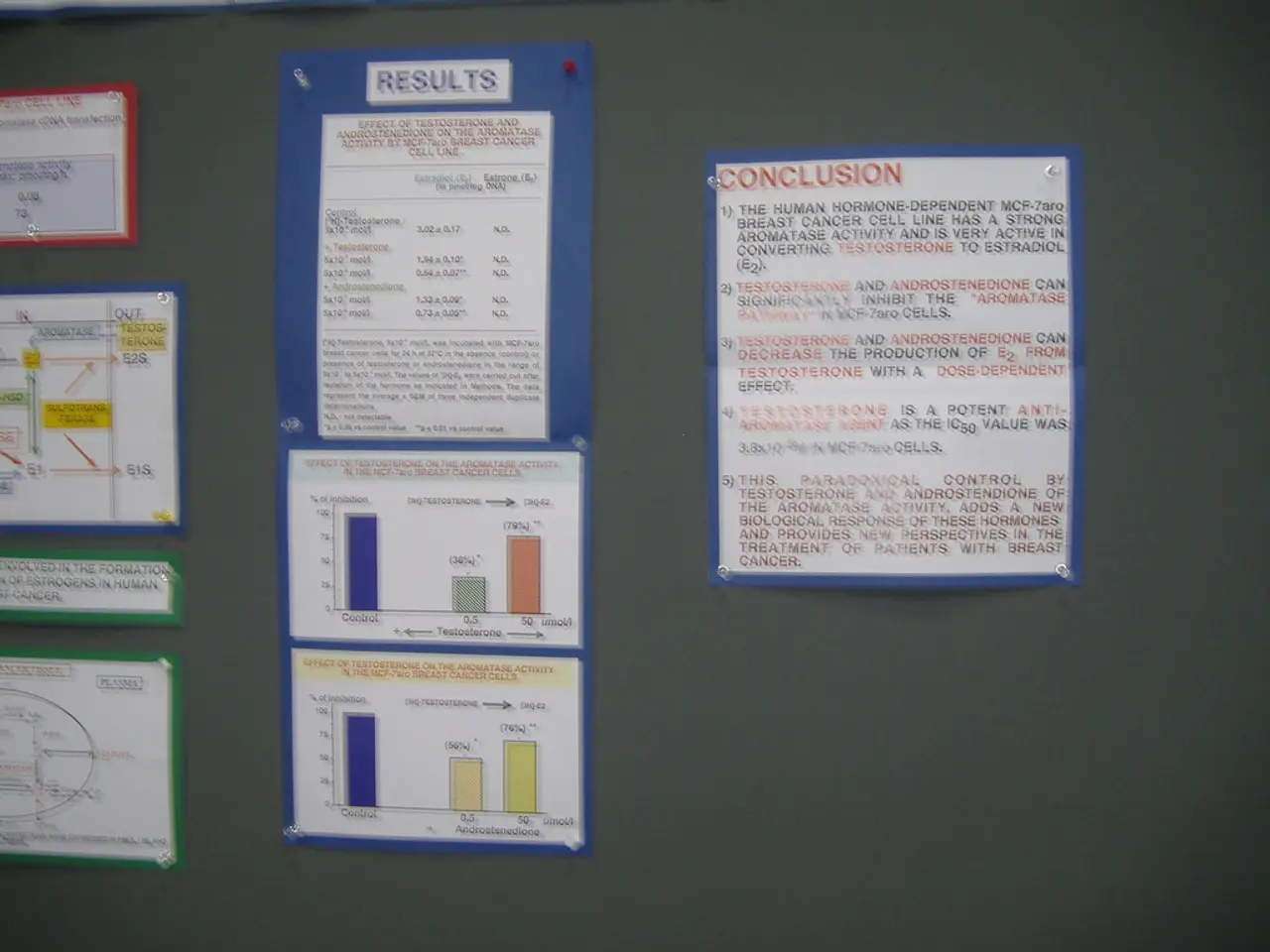Sustainable Restoration Event / Packaging Day 2025 Agenda
Prepare for the 10th Packaging Day on June 17, 2025, where an alliance of nine industry associations will highlight the root causes of the current economic crisis in Germany - excessive bureaucracy and outdated regulations. On this day, they will offer concrete examples from the packaging industry, illustrating how ill-informed policies strain businesses and create structural issues.
In a unified statement, these industrial associations illustrate how red tape, unrealistic regulations, and constant rule changes cause major problems. Dr. Natalie Brandenburg, Managing Director of the German Packaging Institute e.V. (dvi), explains that burdensome bureaucratic requirements lead to significant issues such as excessive documentation, endless new and modified legal requirements, and tedious planning and approval processes.
The results of a study commissioned by VDMA report that companies in the mechanical and plant engineering sector have to juggle around 3,900 requirements in the average course of their operations. Meanwhile, based on KfW SME Panel 2024 data, bureaucracy costs the SME sector around 1.5 billion working hours annually. According to Brandenburg, the breaking point has been reached for many small businesses within the industry.
To foster a lasting recovery, the associations call for a reduction in bureaucracy and more practical regulations. They advocate for fewer but well-thought-out regulations, expert-driven solutions, less bureaucratic interference, and an emphasis on innovation, competitiveness, and environmental protection that focus on producing results.
On this momentous day, these associations will share illuminating examples to bring the abstract discourse of bureaucracy and regulation to life. Ranging from nonsensical packaging classifications to redundant reporting obligations, and regulations that obstruct renewable energy generation and carbon emissions reduction, the associations aim to demonstrate the vast complexities and inefficiencies often associated with excessive regulations and inconsistencies.
While regulation itself is not inherently detrimental, balance is critical. The desired outcome should always be the focus rather than the good intentions behind the regulations. When regulations fail to address their intended targets, contradict each other, or are repetitively altered, they create confusion, not clarity. Businesses face numerous requirements that may prove insurmountable, causing them to waste valuable time and resources that could be used for research, development, and actual value creation. This, in turn, negatively affects the overall economy and society.
https://www.picdrop.com/christiannink/i3ZLzjZSmv
On the 10th Packaging Day, the industry associations also aim to showcase the essential role of packaging and the packaging industry. As stated by Natalie Brandenburg, "Packaging protects, informs, enables transportation, and is a crucial factor for sustainability. Packaging isn’t the problem, but part of the solution. It provides space for creativity, technology, sustainability, and entrepreneurial thinking. With packaging, you have high-tech, circular economy, and design all in one."
On this day, the associations plan to present a series of images and facts about the products of the sixth-largest industry in Germany. They'll reveal what sets packaging apart, how packaging plays a role in everyday life, how it has evolved over the last few years, its recycling efforts, its primary functions, and why it's a success story that has outlasted the dog, grain, or roof over one's head.
You can access the position paper and extensive image material here: https://www.picdrop.com/christiannink/i3ZLzjZSmv Visit the Packaging Day website here: https://www.verpackung.org/events/tag-der-verpackung For inquiries, contact Christian Nink at +49 (0)30 60986675 or [email protected].
[Enrichment Data: The packaging industry associations' concerns focus on regulatory complexity, inefficient enforcement, and fragmented producer responsibility systems that pose obstacles to industry efficiency and competitiveness. Regulatory inefficiencies result in increased production and compliance costs, reduced investment in innovation, and impaired circular economy development. These issues can potentially lead to job losses and market disruptions.]
In light of the packaging industry's concerns, the industrial associations emphasize the negative effects of regulatory complexity, inefficient enforcement, and fragmented producer responsibility systems on industry efficiency and competitiveness. These regulatory inefficiencies lead to increased production and compliance costs, reduced investment in innovation, and impeded circular economy development, potentially causing job losses and market disruptions.
On the 10th Packaging Day, the associations aim to demonstrate the vital role of packaging and the packaging industry, highlighting its role in sustainability, technology, design, and entrepreneurial thinking. They plan to present a series of images and facts about the products of the sixth-largest industry in Germany, revealing what sets packaging apart, its evolutions, recycling efforts, primary functions, and why it's a success story that has surpassed other essential goods.






